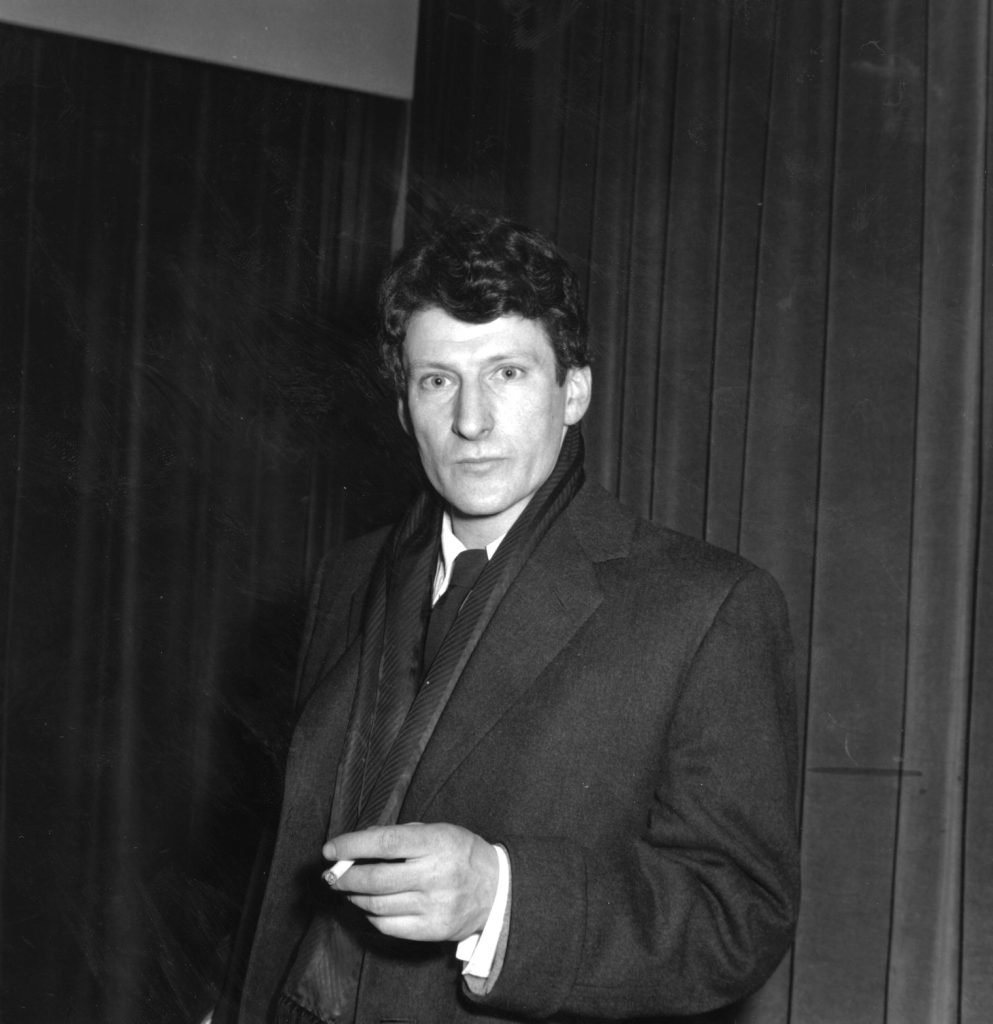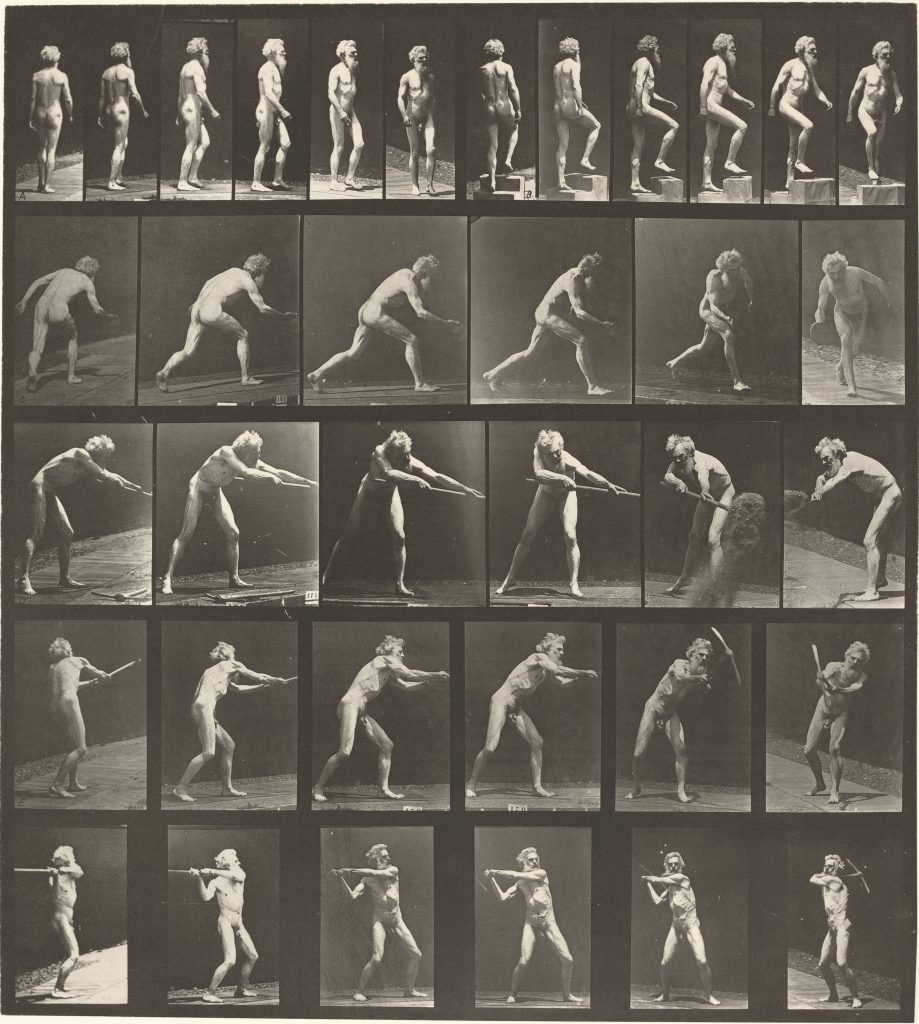Art History
A Potentially ‘Embarrassing’ Nude Self-Portrait That Lucian Freud Disavowed Is Almost Certainly by the Artist, Experts Say
The artist may have disowned the work because he was self-conscious of its implications.

The artist may have disowned the work because he was self-conscious of its implications.

Caroline Goldstein

Did Lucian Freud disavow a nude self-portrait because he was embarrassed by it? That could be the case, according to the Guardian, which reports that after an unnamed Swiss collector bought the full-length painting at auction more than two decades ago, only to have the artist and his estate refute the painting’s authorship, three independent studies have now confirmed that the work is indeed an authentic work by Freud.
The undated painting, titled Standing Male Nude, was sold at auction in 1997 in Geneva. According to the anonymous buyer, Freud himself telephoned and offered to pay twice the price just to have the self-portrait back in his own hands. Now, after years of research, the collector may be vindicated by the latest confirmations. Freud’s estate declined to comment to the Guardian.
This wouldn’t be the only time Freud, who died in 2011, resisted confirming authorship. In 2016 it was revealed that Freud contested painting a work owned by artist Denis Wirth-Miller, with whom Freud had long feuded.
Freud is known for his unvarnished portrayal of human flesh—as in the famous 1995 work Benefits Supervisor Sleeping, depicting Sue Tilley reclining nude—and the treatment of the musculature and flesh in Standing Male Nude is in keeping with this style, said art historian Hector Obalk, who studied the work. According to witnesses, the nude self- portrait hung in a Geneva apartment frequented by artists—including Francis Bacon and, on occasion, Freud—for gay liaisons.
When the owner unveiled the painting in a private exhibition, an individual from Geneva’s gay community remembered seeing the work hanging in the apartment, and recalled that it was painted at the request of Bacon and displayed (along with another work) at the entrance to be enjoyed in secret by the visitors. When Freud tried unsuccessfully to buy back the painting and scuttled its resale value by denying authorship, the collector and a private investigator friend, Thierry Navarro, embarked on a mission to assert its authenticity, uncovering details about its provenance at the Geneva apartment.

Eadweard J. Muybridge’s “Human Figure in Motion,” Plate Number 521. A: Walking. B: Ascending step. C. Throwing disk. D: Using shovel. E, F. Using pick, 1887. Photo by Heritage Art/Heritage Images via Getty Images.
According to the Guardian, Navarro also noted that the portrait, which depicts a nude male seen from the back, with slightly bent knees and an arched back, is likely inspired by Eadweard J. Muybridge’s nude photographs collected in the book The Human Figure in Motion, specifically a work called Athlete. Catching at a Ball, noting that there is a spot on the figure’s back reproduced directly from the photograph. Navarro concluded that Freud and Bacon had had a falling out, leading to Freud lying about painting the work, “because it was embarrassing for him and he would probably prefer to destroy it rather than to see it in the hands of someone trying to sell it on the market.”
Confirmation also comes from British art expert Nicholas Eastaugh, who told the newspaper that scientific analysis of authenticated Freuds in the Tate’s collection, along with infrared images of drawings by the artist, revealed “a positive comparative result…and an absence of negative indicators” that led him to confirm the authorship of Standing Male Nude. Carina Popovici, cofounder of the AI technology company Art Recognition, also said her research “classified parts of the painting as being by the hand of Freud” with a probability of “up to 95 percent,” which raises the possibility that there was a collaborator—perhaps Bacon, suggests Navarro—who assisted in the work’s completion.